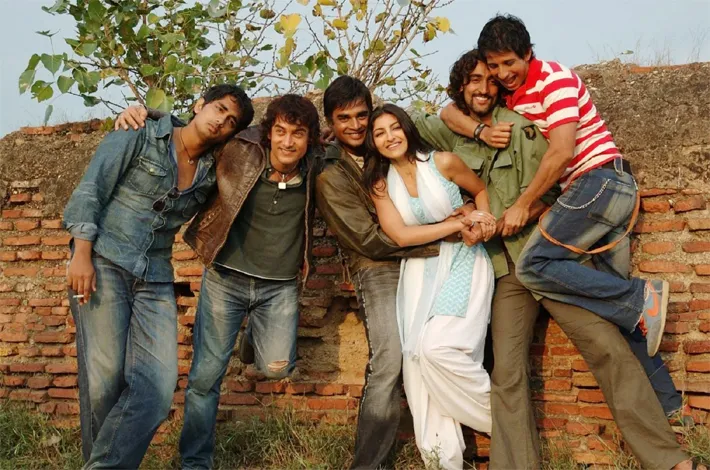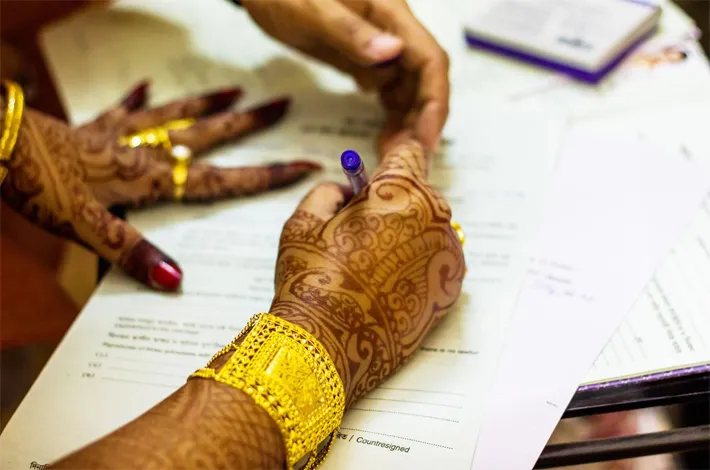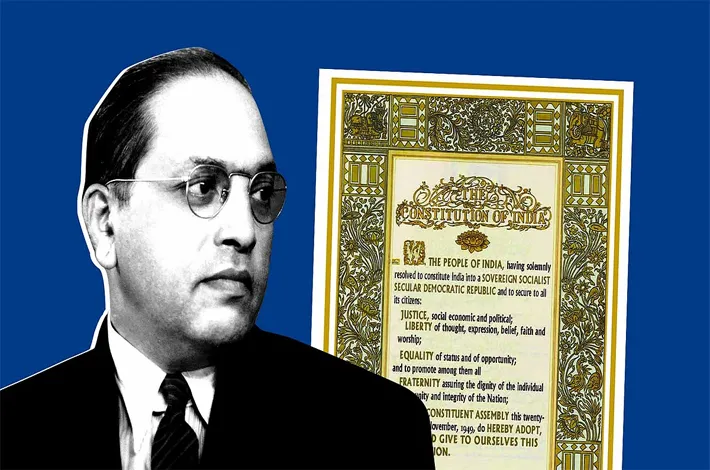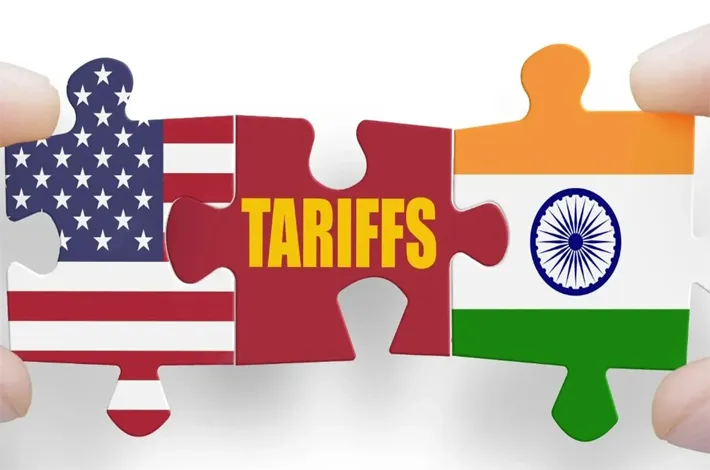Resolve Banakacherla dispute Across the Table
03-07-2025 12:00:00 AM

Dialogue involving all stakeholders is the only path to a lasting solution
CL Rajam
The contentious Godavari-Banakacherla Link Project, also known as the Polavaram-Banakacherla Link Project (PBLP), has reignited tensions between Telangana and Andhra Pradesh, underscoring the long-standing issue of water sharing between the two states. The project, proposed by the Andhra Pradesh government under Chief Minister N. Chandrababu Naidu, aims to divert surplus Godavari River water via the Polavaram Project through the Krishna basin to the Banakacherla regulator in Kurnool district, with the goal of making Andhra Pradesh a "drought-proof state." However, Telangana, led by Chief Minister A. Revanth Reddy, has fiercely opposed the project, citing violations of the Andhra Pradesh Reorganisation Act of 2014 and the Godavari Water Disputes Tribunal Award of 1980.
The rejection of the project’s pre-feasibility report by the Union Ministry of Environment, Forests, and Climate Change’s Expert Appraisal Committee (EAC) on June 17, 2025, has provided temporary relief to Telangana, but the issue remains far from resolved. As the dispute escalates, the need for a direct, comprehensive dialogue between the two states has never been more urgent.
The Banakacherla project has become a flashpoint in the complex history of water-sharing disputes between Telangana and Andhra Pradesh, which share the Godavari and Krishna river basins. Telangana argues that the project threatens its rightful share of water, particularly as it lacks necessary clearances from the Central Water Commission (CWC), the Godavari River Management Board (GRMB), and the Apex Council. The state contends that Andhra Pradesh’s plan to use Godavari floodwaters, and potentially Krishna River water if Godavari supplies are insufficient, could jeopardize Telangana’s irrigation and drinking water needs.
Chief Minister Revanth Reddy has highlighted that Telangana, with 68% of the Krishna River’s catchment area, was allocated only 299 tmcft of water under the Krishna Water Disputes Tribunal-I (KWDT-I), far less than its entitled share based on international water-sharing norms, which would grant it 555 tmcft. Similarly, of the 1,486 tmcft of Godavari water, Telangana was allocated 968 tmcft and Andhra Pradesh 518 tmcft, but the lack of clarity on surplus water allocation has fueled Andhra Pradesh’s ambitions for projects like Banakacherla.
The rejection of the project by the EAC, citing unresolved interstate issues and the absence of a floodwater availability assessment, is not a permanent solution, as Revanth Reddy has cautioned. Andhra Pradesh is expected to resubmit a revised proposal with clarifications, leveraging its political influence as a key ally of the National Democratic Alliance (NDA) at the Centre. Chief Minister Naidu, whose Telugu Desam Party (TDP) is a crucial partner in the NDA, holds significant sway, with reports suggesting that Prime Minister Narendra Modi’s government may be inclined to support Andhra Pradesh’s water projects to maintain coalition stability. This dynamic places Telangana at a disadvantage, as Revanth Reddy has accused the Bharatiya Janata Party (BJP) of neglecting Telangana’s interests while Andhra Pradesh pursues water diversion permissions.
The Telangana government, led by the Congress, has taken a firm stance, vowing to fight politically and legally to protect its water rights. Revanth Reddy has urged the Centre to mediate water-sharing disputes rather than fostering litigation and has proposed an alternative plan to link the Icchampally-Nagarjuna Sagar route to the Penna basin, which could be centrally funded. He has also hinted at approaching the Supreme Court if the Centre’s actions favor Andhra Pradesh. However, relying solely on clarifications from the Central Environment Department or awaiting tribunal verdicts risks prolonging the dispute, potentially to the detriment of Telangana’s farmers and citizens who rely on these rivers for agriculture and drinking water.
The Solution
The need of the hour is a direct, transparent, and inclusive dialogue involving the chief ministers of both states, opposition leaders, irrigation experts, and officials. A multi-day meeting, free from political posturing, could pave the way for an amicable understanding that benefits both Telangana and Andhra Pradesh. Such a meeting should address not only the Banakacherla project but also the broader issue of equitable water sharing, including surplus waters, which has remained unresolved despite decades of court cases and tribunal proceedings. The Godavari Water Disputes Tribunal of 1980 and the Krishna Water Disputes Tribunal have provided frameworks, but the lack of consensus on surplus water allocation continues to spark conflicts.
Telangana’s Congress government must go beyond public statements and adopt a proactive strategy. An all-party delegation to the Centre, as suggested by Revanth Reddy, could amplify Telangana’s concerns in the upcoming Parliament sessions. Organizing statewide agitations and a dharna in Delhi could further pressure the BJP-led NDA to prioritize Telangana’s water rights. Meanwhile, Andhra Pradesh’s advanced planning for the Banakacherla project, including the formation of a dedicated corporation and reported backing from a powerful construction company, indicates its determination to push forward. Telangana cannot afford to be complacent, as public frustration grows over the lack of immediate results.
The opposition Bharat Rashtra Samithi (BRS) has also entered the fray, with leaders like T. Harish Rao accusing Revanth Reddy of colluding with Naidu and failing to demand an Apex Council meeting. Rao has challenged the chief minister to an open Assembly debate, demanding transparency and equal time to present facts. This political slugfest risks overshadowing the core issue: ensuring fair water distribution for the people of both states. BRS leaders have claimed credit for the EAC’s rejection, while Congress insists its advocacy led to the decision, further muddying the waters.
Water distribution among riparian states is a sensitive issue that requires statesmanship, not political brinkmanship. The Centre, as an impartial mediator, must facilitate dialogue through the Apex Council, potentially at the proposed meeting on July 11, 2025, to resolve these disputes. Both Revanth Reddy and Naidu must prioritize the needs of their farmers and citizens over political alliances or rivalries. Andhra Pradesh’s claim to surplus Godavari waters must be balanced against Telangana’s legitimate projects, such as the Palamuru-Rangareddy Lift Irrigation Scheme, which face objections from Andhra Pradesh despite being within Telangana’s allocated share.
The Banakacherla issue underscores the urgent need for Telangana and Andhra Pradesh to settle their differences across the table. A comprehensive, inclusive dialogue involving all stakeholders is the only path to a lasting solution. Telangana must intensify its advocacy through political, legal, and public channels, while Andhra Pradesh should engage in good-faith negotiations rather than relying on its NDA leverage. The people of both states deserve a resolution that ensures equitable access to the Godavari and Krishna waters, fostering cooperation rather than conflict in the Telugu heartland.








